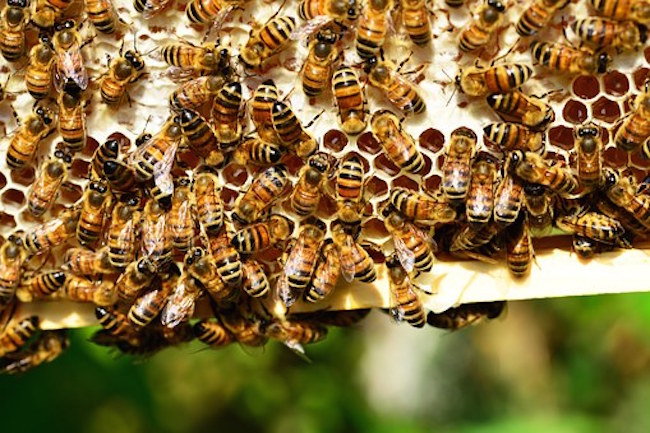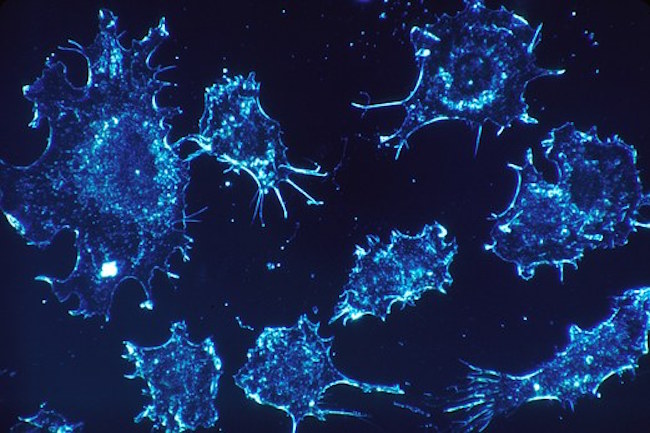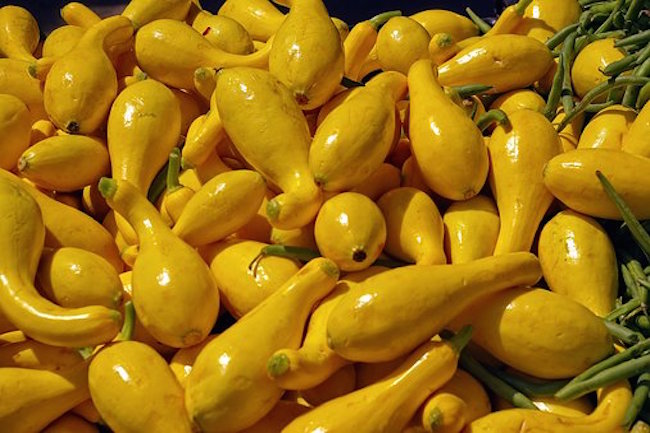National Geographic Admits Billions Of People Will “Face Shortages Of Food And Clean Water” Over The Next 30 Years by Michael Snyder for The Economic Collapse Blog A lot of people out there don’t like when I write these kinds of articles, because they directly contradict the false narrative that humanity has an extremely bright future ahead. Sadly, the truth is that our planet and everything that lives on it is rapidly deteriorating. And I am not talking about the false environmentalism being pushed by the mainstream media, Greta Thunberg…
READ MORETag: food
What Makes Most Foods so Dangerous
What Makes Most Foods so Dangerous Analysis by Dr. Joseph Mercola – Medically reviewed by Dr. Thomas Cowan for Mercola The fact that there are serious issues in our food supply is no longer a secret. Evidence not only reveals toxicity levels in food are rising but also that conventional agriculture has become a leading cause of environmental pollution and destruction. Toxicity in food comes from several sources. Some toxins are accumulated during the growth phase, others are added during harvesting and processing, and yet others are introduced when the ingredients are manufactured into…
READ MORECheck Your Refrigerators and Freezers: There Are Currently Seven Listeria-Related Food Recalls
Check Your Refrigerators and Freezers: There Are Currently Seven Listeria-Related Food Recalls By Dagny Taggart for The Organic Prepper Over 90 percent of people who become infected with it are hospitalized. It carries a mortality rate of 20 to 30 percent. Symptoms can appear as early as the same day of exposure, or as late as 70 to 90 days after infection. It can live in cold temperatures, multiplies rapidly, and can live for years on equipment in places food is prepared. And, it is back in the news because…
READ MOREAdventures in Beekeeping
Adventures in Beekeeping by K. in Tennessee for Survival Blog I’ve been a regular reader of SurvivalBlog.com for years and had developed an interest in keeping bees. I started researching online, got a book or two from the library, and after a few years felt I was ready to give it a try. Then we moved 800 miles away, bought some land, built a house, and started a little hobby farm in southern Appalachia. Life has funny ways of getting in the way, but I’m much happier for it, and…
READ MOREFood Storage: The Basics
Food Storage: The Basics by Pete Thorsen for Survival Blog More and more people are seeing the common sense in having some stored food on hand in case of emergencies. Many of these people are not preppers but just want to have the peace of mind knowing they have some extra food on hand for “just in case.” The only problem for some is the question of “Where to start?” With food it is an easy start. Well, then again, maybe not so easy after all. If you decide to…
READ MOREThe Link Between Fast Food and Teenage Depression
The Link Between Fast Food and Teenage Depression by Dr. Joseph Mercola for Mercola In the U.S., an estimated 3.2 million adolescents between the ages of 12 and 17 suffer from depression, defined as having at least one major depressive episode in a year. This accounts for 13.3% of adolescents, who experience a period of at least two weeks with a depressed mood, loss of interest in daily activities and other symptoms, such as problems with sleep, appetite, energy, concentration or feelings of self-worth.1 Depression among adolescents is on the rise,…
READ MOREWarning: Biodegradable bowls contain toxic chemicals
Warning: Biodegradable bowls contain toxic chemicals by Dr. Joseph Mercola for Mercola Per- and polyfluoroalykyl substances1,2 (PFAS) are widely used chemicals that make products water-, oil-, grease- and stain-resistant. Perfluorooctanoic acid (PFOA) and perfluorooctanesulfonic acid (PFOS) are associated with a wide array of health problems — even at very low exposure levels — including: Immune dysfunction3 Low birth weight4 Thyroid dysfunction5 High cholesterol6 Ulcerative colitis7 Pregnancy-induced hypertension8 Testicular cancer9 Kidney cancer10 In May 2015, 200 scientists from 38 countries signed the so-called Madrid Statement on PFASs,11,12which warns about the harms of all…
READ MORESummer Squash: The Gardening Staple You Can Grow In 40 Days
Summer Squash: The Gardening Staple You Can Grow In 40 Days by: Kathy Bernier for Off the Grid News For a lot of people, the thought of summer squash brings to mind just a few varieties. The entire list probably consists of little yellow crooknecks and zucchini, with no more than one or two choices of each. There is a bonanza of summer squash taste available to home gardeners. If you like squash even a tiny bit, you will want to grow your own. Fresh summer squash in your backyard provides…
READ MOREWurst Idea Ever? Germany to Tax Sausages to Fight Climate Change
Wurst Idea Ever? Germany to Tax Sausages to Fight Climate Change by Thomas D Williams, Ph.D. for Breitbart GNN Note – WOW! Talk about being over the edge! ****** German legislators have proposed raising the sales tax on meat from seven percent to 19 percent to fight climate change and improve animal welfare. Research has shown that greenhouse gas emissions from livestock account for a higher percentage of total global emissions than the world’s 1.2 billion automobiles, a fact underscored by some German Greens who are pushing for higher meat taxes, A United Nations report from…
READ MOREEating More Plant-Based Foods Linked To Better Heart Health
Eating More Plant-Based Foods Linked To Better Heart Health from Natural Blaze Eating mostly plant-based foods and fewer animal-based foods may be linked to better heart health and a lower risk of dying from a heart attack, stroke or other cardiovascular disease according to new research published in the Journal of the American Heart Association, the Open Access Journal of the American Heart Association/American Stroke Association. “While you don’t have to give up foods derived from animals completely, our study does suggest that eating a larger proportion of plant-based foods…
READ MORE









